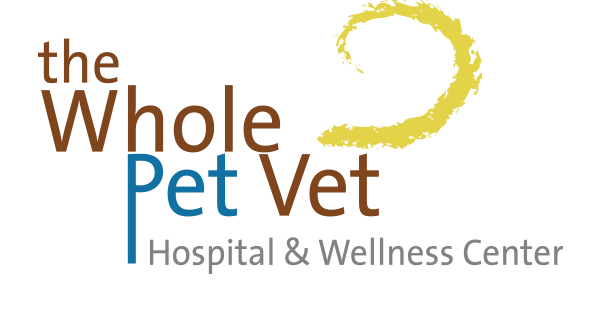Understanding Pet Allergies: Common Fall Allergens and How to Manage Them

As the leaves change and temperatures drop, fall can be a beautiful season. However, it can also bring challenges for pets with allergies. At The Whole Pet Vet Hospital and Wellness Center, we understand how frustrating pet allergies can be. Here’s a guide to help you identify common fall pet allergens and effectively manage your pet’s allergies.
What Are Fall Pet Allergies?
Pet allergies occur when a pet’s immune system reacts to certain substances or allergens, leading to symptoms such as itching, sneezing, and discomfort. In the fall, various environmental changes can trigger these reactions.
Common Pet Allergens in Autumn
- Ragweed pollen is a prevalent allergen during fall. It can cause severe reactions in pets, leading to itchy skin and respiratory issues.
- Mold spores thrive in the damp conditions of fall. Pets exposed to mold may experience coughing, sneezing, and skin irritations.
- Dust mites become more active as we begin using our heaters again. These tiny creatures can cause allergic reactions in pets, especially those with existing respiratory conditions.
- Flea bites can cause flea allergy dermatitis, resulting in intense itching and skin infections.
Signs of Pet Allergies
Identifying pet allergies early can help in managing them effectively. Watch for these signs:
- Excessive scratching or licking
- Red, inflamed skin
- Hair loss
- Ear infections
- Sneezing or coughing
- Watery eyes
Pet Allergy Management
Managing pet allergies involves minimizing exposure to allergens and treating symptoms. Here’s how you can help your pet:
- Regular Bathing: Regular baths can remove allergens from your pet’s skin and fur. Use hypoallergenic shampoos to avoid further irritation.
- Clean Living Environment: Keep your home free from dust. Vacuum regularly and wash your pet’s bedding weekly to reduce dust mites and other allergens.
- Control Fleas: Use flea prevention treatments year-round. Your veterinarian can suggest the best flea control options for your pet. Learn more about parasite prevention in this blog post.
- Diet and Supplements: A balanced diet and nutritional supplements can boost your pet’s immune system. Omega-3 fatty acids, for example, have anti-inflammatory properties that can help manage allergy symptoms.
- Holistic Treatments: The Whole Pet Vet offers holistic treatments alongside traditional therapies.
When to See a Veterinarian
If your pet’s allergy symptoms persist or worsen, contact your veterinarian. Persistent allergies can lead to secondary infections and significantly impact your pet’s quality of life. At The Whole Pet Vet Hospital and Wellness Center, our team is here to provide comprehensive care and tailored allergy management plans for your pets.
Ensure a Comfortable Fall for Your Pet
Fall allergies can be challenging, but with the right approach, you can help your pet enjoy the season comfortably. The Whole Pet Vet Hospital and Wellness Center is dedicated to providing holistic and traditional veterinary care for dogs, cats, exotic animals, and pocket pets.
If you have questions or if your pet is showing signs of allergies, don’t hesitate to schedule an appointment. We look forward to helping you keep your pet healthy and happy all season long.
